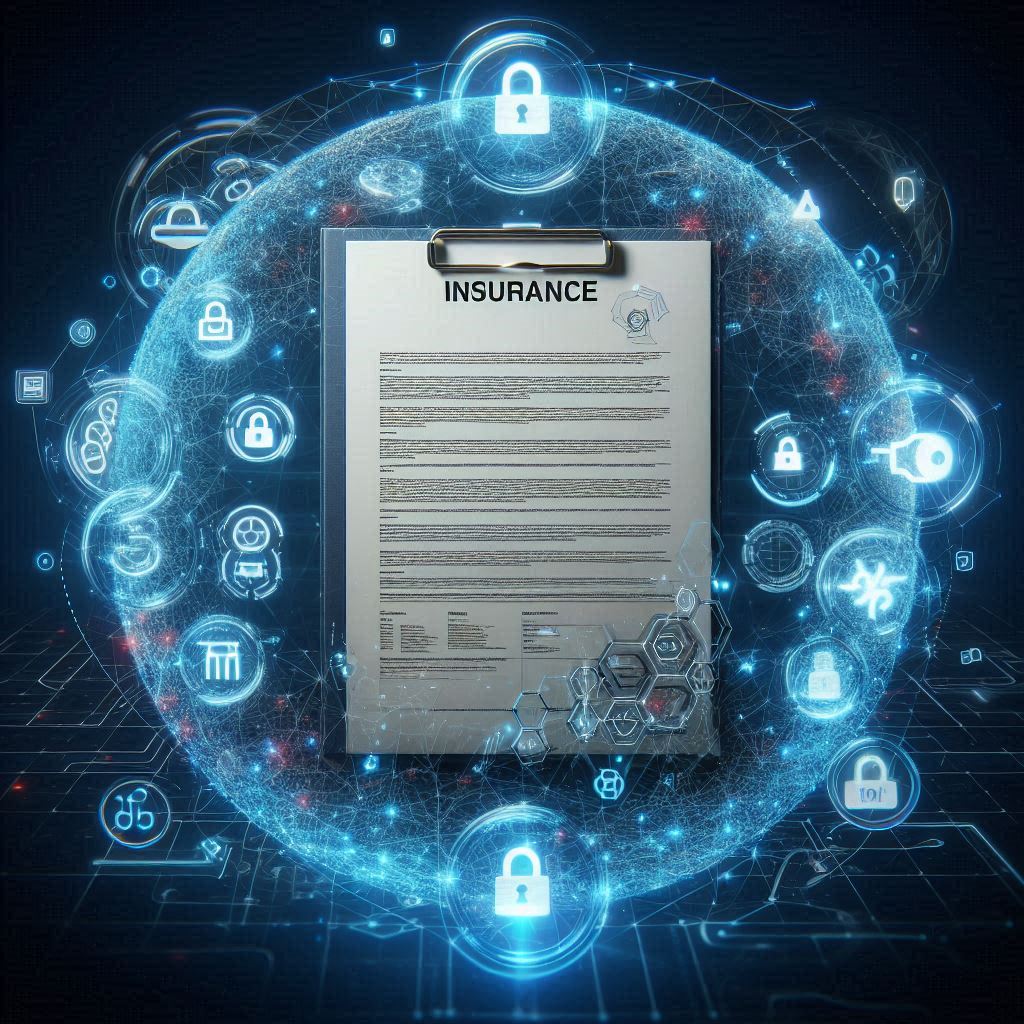
Insurance agencies face a growing risk from cyberattacks that threaten sensitive customer data and business operations. Cyberattacks targeting the insurance industry have become more frequent and sophisticated in recent years. One of the most dangerous threats comes from ransomware, a form of malware that encrypts data and systems until a ransom is paid.
Ransomware attacks can have crippling effects on insurance agencies. Hackers often demand large sums, sometimes in the millions, to decrypt data. Even if a ransom is paid, there is no guarantee the criminals will restore full access. Beyond the ransom, attacks lead to costly business disruptions. With systems locked down, insurance agents cannot access customer data, issue policies, or process claims. Some agencies report being shut down for weeks after an attack.
Cybercriminals also pursue tactics like data breaches to steal customer information for financial fraud and identity theft. Insurance agencies store highly sensitive data like Social Security numbers, driver’s licenses, credit cards, and medical records. Breaches expose this data, violating customer privacy and trust. Hackers can also infiltrate networks to spy on proprietary information about policies, pricing, and more.
The consequences underscore why cybersecurity must be a top priority for insurance agencies. Powerful defenses are essential to protect customer data, business systems, and company reputations from growing cyber risks.
Artificial intelligence systems are uniquely equipped to detect and halt cyberattacks targeting insurance agencies. AI analyzes large volumes of data and identifies patterns that may indicate malicious activity. By continuously monitoring networks, devices, and user behavior, AI can spot anomalies that point to emerging cyber threats.
Sophisticated attacks like spear phishing emails, malware infections, and network intrusions leave digital footprints that AI can recognize. AI systems use machine learning algorithms to establish baseline patterns for normal user and system activity. Deviations from expected data and behavior act as red flags, allowing AI to identify threats early on.
It also adapts to new techniques used by hackers. By processing information about the latest attack methods, AI updates its threat models to improve detection capabilities. This allows AI cybersecurity tools to evolve alongside cyber criminals and identify novel attacks they haven’t encountered before.

AI cybersecurity delivers substantial advantages for insurance agencies seeking to bolster their defenses against cyberattacks. By leveraging AI’s capabilities for identifying threats and patterns, agencies can achieve enhanced protection that goes beyond traditional security methods.
In addition to reduced breach risks, AI cybersecurity also minimizes potential costs stemming from successful attacks. The average cost of a data breach has risen to over $4 million in recent years. However, by stopping threats before they escalate, AI systems can prevent or limit damages that lead to high recovery costs. This shields agencies from suffering major financial losses.
The key advantage of AI cybersecurity is its proactive nature in identifying and responding to threats before any harm occurs. This gives agencies an important edge in keeping ahead of the latest methods hackers use to target insurance data and systems.
Rather than only reacting after an attack takes place, AI systems can autonomously detect and halt emerging threats in real-time. By analyzing massive amounts of data from various sources, AI algorithms identify patterns that indicate malicious activity. This allows even novel attacks and zero-day exploits to be recognized and neutralized.
The ability to automatically predict and block attacks is a game-changer for insurance cybersecurity.
Agencies should strongly consider implementing AI-powered solutions to lock down their infrastructure.
The future of cybersecurity is AI taking preventative actions to secure systems, keeping agencies resilient in the face of rising attacks.
Read more about how Cybersecurity and AI fortify any company’s defenses.